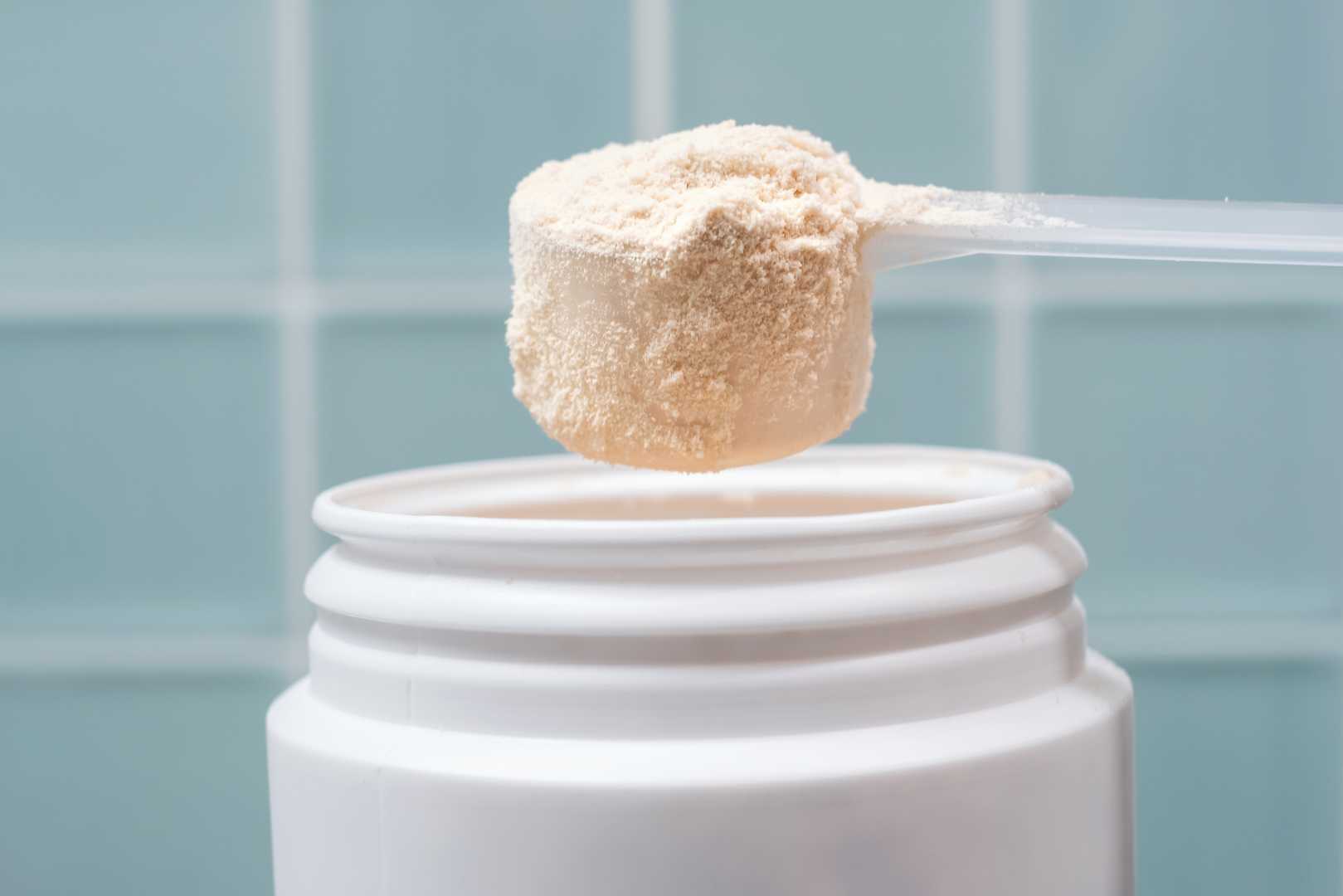Health
Lead Found in Popular Protein Powders Raises Health Concerns

NEW YORK, NY — A recent report by Consumer Reports has raised alarms about lead contamination in popular protein powders and shakes. The nonprofit organization analyzed 23 different protein supplements and discovered that more than two-thirds contained unsafe levels of lead, exceeding the recommended limit of 0.5 micrograms per day.
Brian Ronholm, the director of food policy at Consumer Reports, noted that these findings indicate a troubling trend. “Protein powders and shakes have become immensely popular and are part of a daily routine for many people who are focused on consuming more protein in their diet,” he said. “Our tests found that toxic heavy metal contamination in protein supplements is widespread and has worsened since we first analyzed these products 15 years ago.”
The study revealed that plant-based protein powders had the highest average levels of lead—about nine times that of dairy-based proteins like whey and twice that of beef-based protein products. Products highlighted for their high lead content included Naked Nutrition’s Vegan Mass Gainer and Huel‘s Black Edition, both categorized as “products to avoid.”
Pieter Cohen, a professor at Harvard Medical School, expressed disappointment in the report’s findings, stating, “We’ve known for years that there’s concern about heavy metals in supplements. To see this problem still exists is alarming.”
In response to the report, Huel defended its product quality, claiming rigorous testing of its ingredients ensures their safety. Rebecca Williams, Huel’s Head of Nutrition, stated that their products fully comply with international safety regulations and are safe for consumption. “Trace amounts of lead occur naturally in some food ingredients. The level reported for Huel Black Edition is well within recognized safety limits and poses no health risk,” she said.
Naked Nutrition also responded, mentioning they source ingredients from select suppliers who provide documentation proving testing for heavy metals. A spokesperson stated, “Our results are consistent with other plant-based protein products when viewed on a per-gram basis.”
The investigation revealed that two products exceeded Consumer Reports’ concerning levels for lead, which is classified as a probable human carcinogen by the Environmental Protection Agency. Consumer Reports has now launched a petition urging the Food and Drug Administration (FDA) to establish better safety standards for lead in supplements.
“No one should have to worry that their protein shake could expose them to dangerous levels of lead,” Ronholm added. The FDA has acknowledged the importance of these findings and is currently reviewing the data to inform future testing and enforcement activities.
Lead, which can remain in the body for months or years, poses significant health risks, particularly with repeated exposure. Cohen advised consumers to minimize lead exposure by choosing whole food sources of protein rather than relying heavily on supplements. “It’s very important to try to keep lead exposure to the lowest possible levels by eating healthy foods,” Cohen reiterated.












